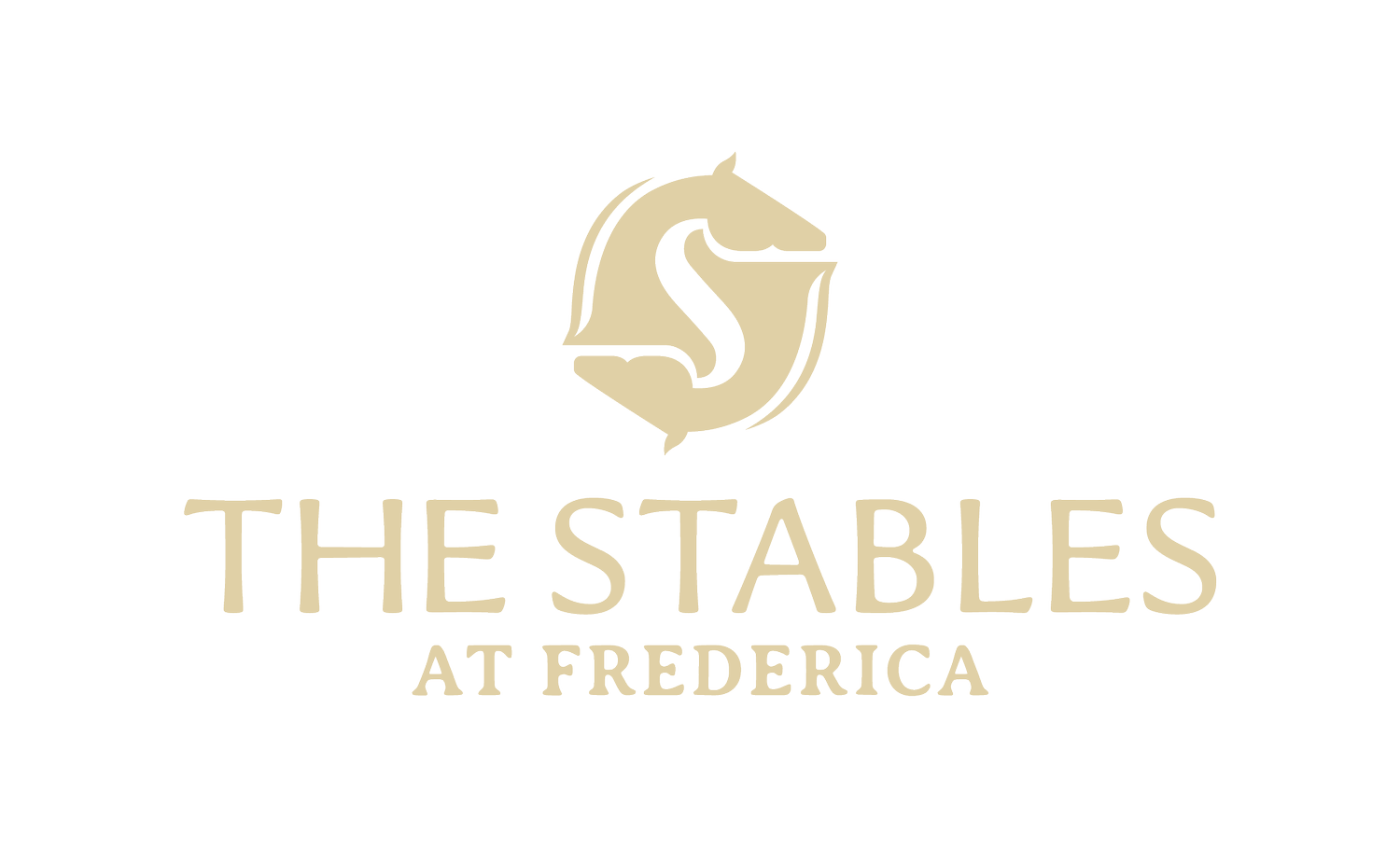Horses, much like human athletes, have varying degrees of athleticism, but nearly all that are expected to perform will need some kind of help to get there: maintenance.
I believe that it is unfair to ask horses to do the unnatural things they do in our sports without cutting them some physical slack, whether it is through medicating joints or altering their diet or constructing a strict fitness regimen. I also find that the happiest balance for owners and horses is one where realistic goals and restrictions are considered.
For instance, if you plan to have a horse doing a decent amount of jumping (ie 2' plus three or more times a week) then it is realistic to imagine that your horse will suffer the arthritic changes that occur from continued concussion of joints. Ok, no problem, don't feel guilty, but be aware that after a while your horse might say that he would appreciate some Advil or something stronger, which luckily is abundant in the equine world. We have great medications like Adequan, Pentosan, Legend, Cosequin, and Joint Solution. Some are more costly than others, like actual joint injections. I beg owners to be aware of what they can afford when it comes to maintenance, and adjust their goals accordingly. If you want to jump 3' but your horse has hock arthritis and you can't afford injections/medications, don't jump 3'. Simple as that. Adjust the goal. If you want to jump 3' and your horse has hock arthritis and you CAN afford to medicate, DO! If you plan on a long career of hard work (jumping or dressage), check into the maintenance that can help stave off the expensive injections down the road. It is worth it.
This sport is expensive, stupidly expensive even. Not everyone can make their horses as comfortable as possible. With a 27-head herd of my own, I know that I have to pick and choose which horses of mine get the good maintenance and which don't. My job, as their owner, is to not ask a horse to do work that is at worst painful and at best degenerative without the right maintenance program. For some of my school horses it means injections. Others have tightly controlled fitness programs so that their own bodies can provide support. Still others won't be able to continue as a lesson horse, so it is my job to find them a new one. Easy said for me, as most of my horses are not my best friend that I love and dote on all the time. Waaaay harder for students and boarders whose horses are their worlds. Nonetheless, it is the responsibility of an owner to recognize a horse's limitations, and either find a way to afford to help push them or to be respectful enough to stay within them.
Vets are the best resource. They are knowledgeable in so much more than medicine, they many times are a doctor and physical therapist and massage therapist and diagnostician and wellness coach all rolled into one. Research and research, but remember that there are 100 ways to do something with a horse, and 99 of them are somehow right. Make sure you find what is right for you.

